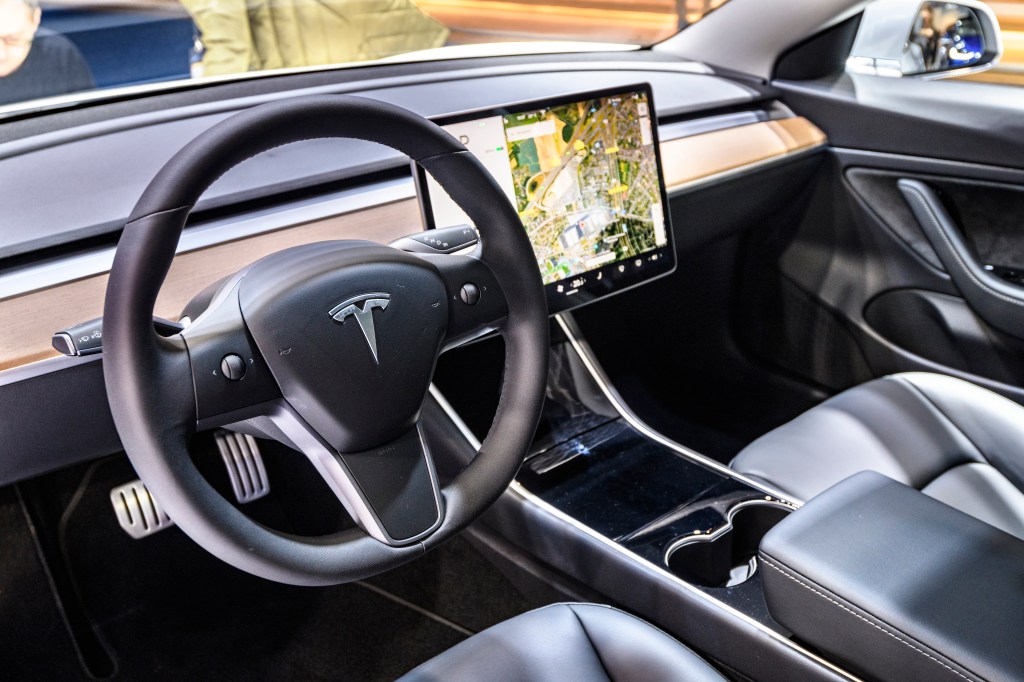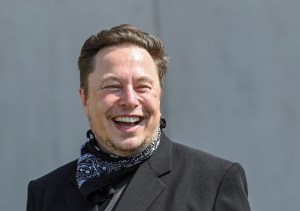On October 20, Tesla rolled out a software update to its approximately 60,000 “Full Self-Driving” Beta testers allowing them to select from a variety of driving modes. One of those modes allowed the car to roll through stop signs, a maneuver prohibited by many state laws.
After meeting twice last month with federal safety regulators, Tesla decided it would, in fact, not program illegal driving into its software and recalled that “feature.”
Videos by VICE
The terminology around the recall is a bit strange, because the National Highway Traffic Safety Administration (NHTSA), the agency that oversees vehicle safety and recalls, hasn’t quite adjusted the language used for software updates instead of the more traditional recalls we’re used to where one has to take the car into a dealership to get a part fixed or replaced. In this case, Tesla is simply going to push a software update to Beta users that removes the rolling stop feature.
According to the recall notice, Tesla met with NHTSA to discuss the rolling stop feature on January 10 and January 19. On January 20, Tesla “voluntarily” decided to recall the feature.
The recall comes amidst increased government scrutiny over Tesla’s partial automation programs. NHTSA’s investigation into Teslas on Autopilot crashing into emergency vehicles parked on the side of the road remains ongoing. In June, the government announced automakers like Tesla must report crashes that occur when Autopilot or similar programs are enabled. And in December NHTSA said it was investigating Tesla’s in-car video games. The company, through its spokesperson/CEO Elon Musk, has reacted to this increased scrutiny mostly by publicly criticizing government officials as biased against Tesla.
While the rolling stop feature was unlikely to be a major safety risk—the “feature” was limited to speeds of less than 5.6 mph, Tesla said in the notice that it is not aware of any crashes, injuries, or deaths related to the feature, and rolling stops are one of the many traffic laws that is routinely ignored by human drivers across the country—many safety advocates cried foul at the car company programming traffic law violations into its software. As NHTSA continues to grapple with a partially-automated driving future, the question of when a driver can tell the car to break the law is likely to be a common point of contention in the years to come.
More
From VICE
-

Chakarin Wattanamongkol/Getty Images -

Koyu/Getty Images -

Erdikocak/Getty Images -

Amita Bajaj/Getty Images

